The Pug breed is gentle, friendly and always wants to be taken care of. Are you wondering how to raise them without any knowledge? Let’s explore with Inkpawarts about this interesting and adorable dog breed.
Learn about the Pug Dog breed
Origin history
Bull-faced Pugs , also known as bulldogs, originate from China. By the 16th century, this dog breed was brought to Europe and in the 19th century, they became the pet dog of Queen Victoria.
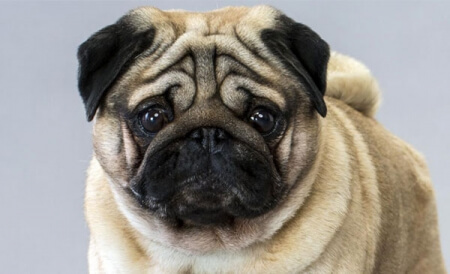
Since then, this breed of dog has become famous and is constantly sought after. Notably, this breed won First Prize at the World Dog Show in 2004.
Characteristics of the Pug Dog
Common coat color
According to the standards of the American Kennel Club, the Pug Dog breed is only recognized with two coat colors: fawn and black.
However, according to FCI, this variety can appear in four colors: Fawn, black, apricot and silver.
Appearance of the Pug Dog
They are characterized by sharp wrinkles on their faces, large, prominent round eyes, curled tails, short muzzles, and soft fur that comes in a variety of colors.
Their body is quite bulky, with a height of 26-42 cm, looks like a ball of meat, and weighs about 6-8kg.
The Pug Dog breed is quite similar to the French Bulldog , but they still have their own differences. You can learn about the differences between Pug dogs and French Bulldogs through our article.
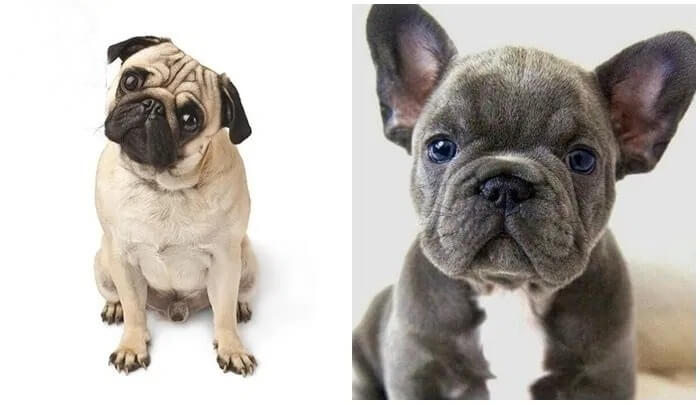
Characteristic personality
The Pug Pug is an intelligent and flexible dog breed, capable of understanding your mood through your tone of voice. By nature, they are very cute and friendly, however, due to frequent eating and resting, they are at risk of gaining weight. You should take them out for walks and exercise regularly.
Some highlights of the Pug’s personality include friendliness with children, openness to guests, loyalty, and need for care from the owner. However, they also often get jealous and sad if you take care of other pets rather than them.
Instructions for raising a Pug Dog
Nutrition menu
Pugs , like all other dog breeds, need protein and fat from food sources such as meat, organs, eggs, or canned and grain foods. To ensure enough fat, you can add fish fat, chicken fat, or vegetable oil to your dog’s meals.
They tend to like to eat, so providing vitamins and fiber from vegetables (like green vegetables, green beans, peas, carrots, sweet potatoes, broccoli, etc.) and fruit is quite easy.
Choose food for Pug Pugs according to age
Pug puppies are 2-3 months old
During this period, Pug puppies are just starting to eat puppy food, so you should choose soft and pureed food. You can give them warm milk after each meal. Feed them 4 times a day with short intervals between meals. Avoid feeding them raw food, bones, and foods such as shrimp, crab, and fish.
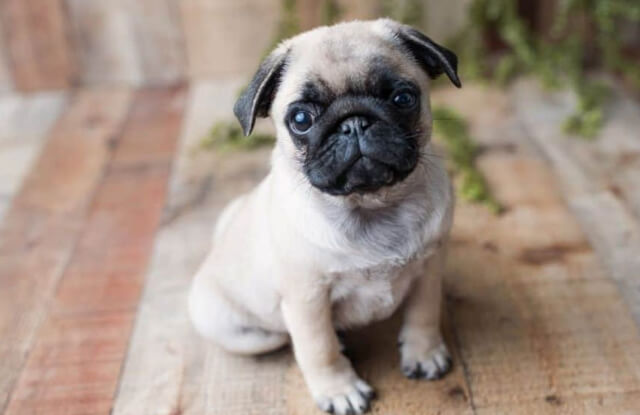
Pug puppies are 3-6 months old
At this age, they should not eat bones or shrimp shells yet. With a developing digestive system, you should not feed them too much. You should feed them 2-3 times a day, including soft rice, minced vegetables and fruits, shrimp, crab, fish, and minced meat.
Adult Pug dog
At this stage, Pug dogs easily gain weight if their diet is not controlled. They usually love to eat, so limit feeding them to twice a day. Consider your food intake to avoid obesity.
Note, feeding bones is not recommended for dogs because it will affect their stomach and digestive system. You can buy bones specifically for dogs on e-commerce sites Shopee, Lazada so that they can both eat and drink. Satisfied with chewing on bones while ensuring their health.
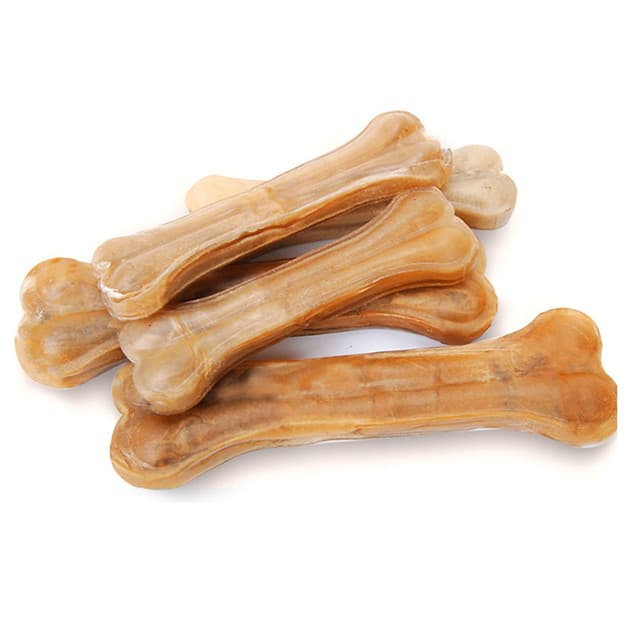
Instructions for taking care of Pug dogs (droopy face)
Cleaning wrinkles on your face: Every week, you need to wipe away wrinkles on your face with a cotton swab soaked in warm water. These wrinkles often accumulate dust and dirt.
Brushing: Dogs often shed a lot of hair, so you should brush them at least once a week using a specialized comb.
Ear cleaning: Their ears should be cleaned weekly with a specialized solution. Remember not to insert the cotton ball too deep into the ear.
Bathing: Although this breed does not usually smell, you should still bathe them once a month with dog soap.
Nail clipping: Because the Pug Dog does not sharpen its own nails, you need to trim its nails regularly. Please cut gently and avoid damaging them.
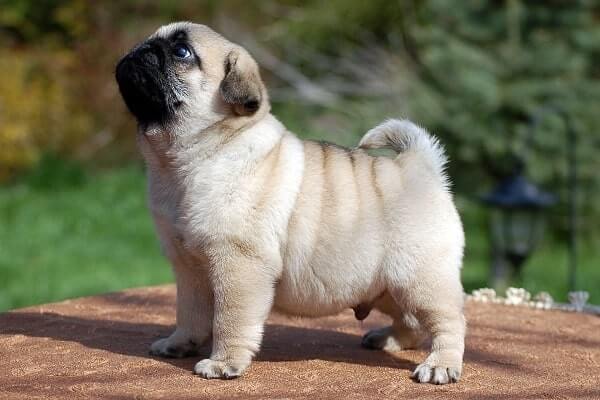
Health problems in Pug dogs
Pug dogs can have respiratory problems, skin and eye diseases. Besides, consider their diet to avoid obesity and continue to exercise daily.
Things to pay attention to when raising Pug dogs
Limit exposure to harsh weather.
Use a dog harness.
Create a quiet space for your dog in your home.
Keep your dog on a regular schedule.
Bring your Pug dog for regular checkups and full vaccinations.
Always keep an eye on puppies, as they are very curious and can get into trouble.
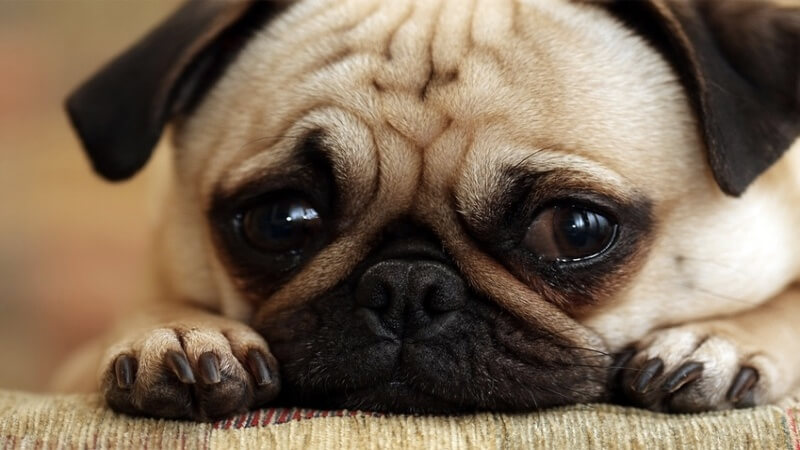
Inkpawarts specializes in providing information about pet cat breeds, pet dogs, and other pets … Helping people better understand their pets.
